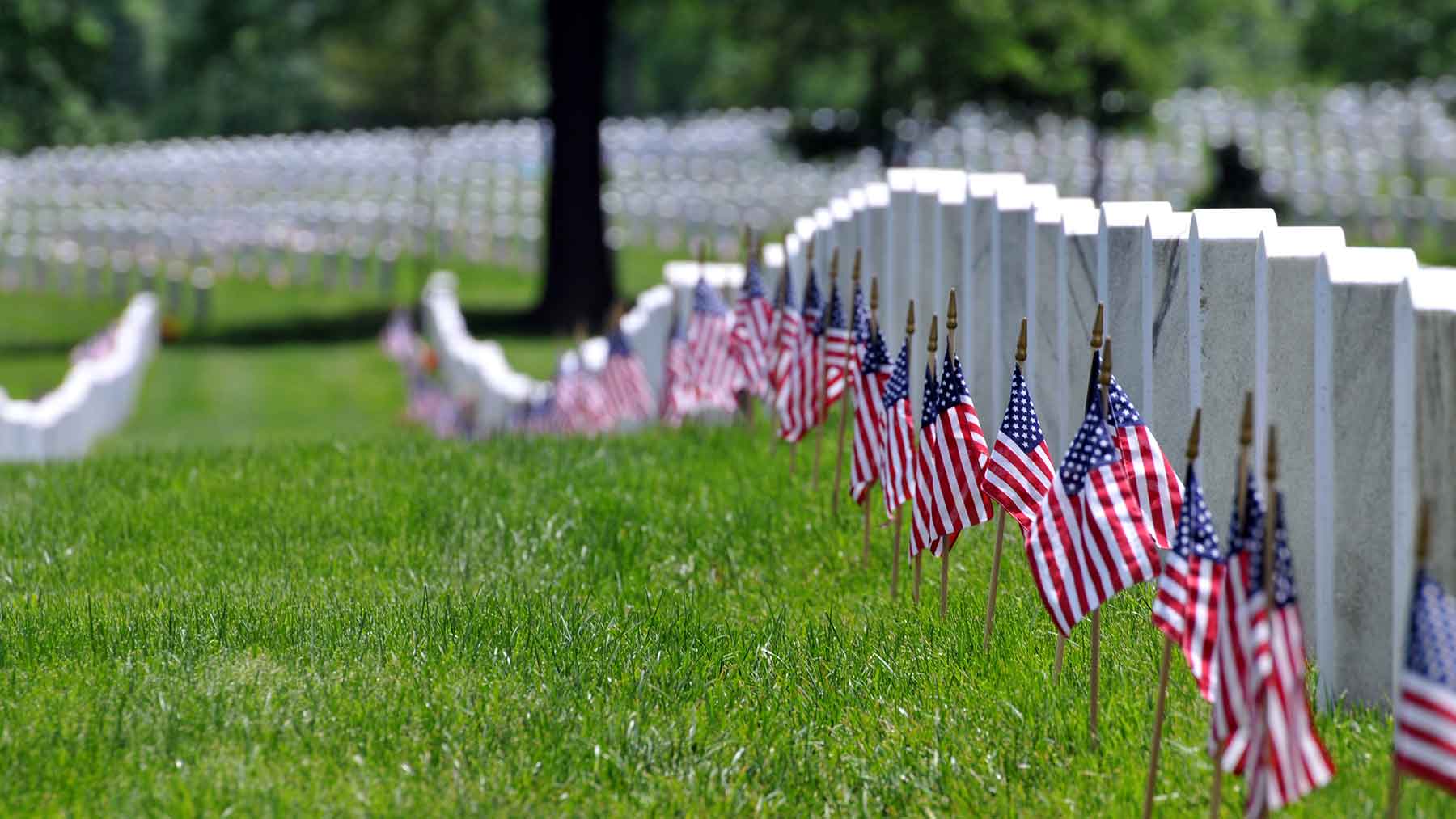Facing Memorial Day grief, and why this year may be harder

For many, this long holiday weekend marks the unofficial kickoff for summer — some may not remember of the meaning behind the Memorial Day holiday. It’s an American holiday established to honor those who lost their lives in service to their country, and an opportunity to express gratitude for their sacrifice and to reflect on the ideals that define our nation’s identity.
Why is it important to honor the loss and sacrifice of our veterans?
This day of remembrance recognizes that the establishment and preservation of American ideals often comes at a cost. Those who serve in our military are charged with defending the United States and its interests around the world. Military families often make tremendous sacrifices in service of this mission, and Memorial Day creates an opportunity to reflect on the meaning and importance of those sacrifices. It also gives people who’ve lost a loved one, especially due to combat, the opportunity to speak about and mourn their loss.
Is it appropriate to honor other losses on Memorial Day?
While some may take the opportunity to visit cemeteries or engage in traditions to honor other losses, Memorial Day is specifically meant to pay homage to fallen military service members.
Why might Memorial Day stir up other feelings of loss and grief?
This Memorial Day, some may be feeling the weight of loss more deeply. As the United States strives to recover from the devastation of the COVID-19 pandemic, grapples with the lingering presence of structural racism that tears at the fabric of our nation’s promise and struggles to reach consensus about how best to address these issues, people who serve or have served in the military are even more a risk of “moral injury.”
Moral injury refers to the lasting impacts of actions that violate a person’s core moral values and their expectations of behavior — in others and in themselves. For some, national turmoil can stir up more grief over the loss of loved ones and leave them questioning the value of their sacrifices.
For those who are struggling with the impact of moral injury or from trauma related to experiences they’ve had in the line of duty, programs like the Suicide and Trauma Reduction Initiative for Veterans (STRIVE) here at The Ohio State University Wexner Medical Center can help. The STRIVE program offers clinical trials on suicide treatment, prevention and intervention focused on improving the lives of military personnel, veterans, first responders and their families.
How can we best deal with grief during Memorial Day?
Memorial Day is about setting aside time to remember those we’ve lost. Giving ourselves space to feel the emotions that accompany those memories is important.
Grief tends to be easier to manage when we engage in community and fellowship with others. Whether in virtual spaces or in person, gathering with others to share stories and engage in traditions that honor the service and sacrifice of those we love is a good way to move through the range of feelings that may surface as we think of those who’ve fallen in the line of duty.
Arianna Galligher is a licensed independent social worker supervisor and the associate director of the STAR Trauma Recovery Center at The Ohio State University Wexner Medical Center.




